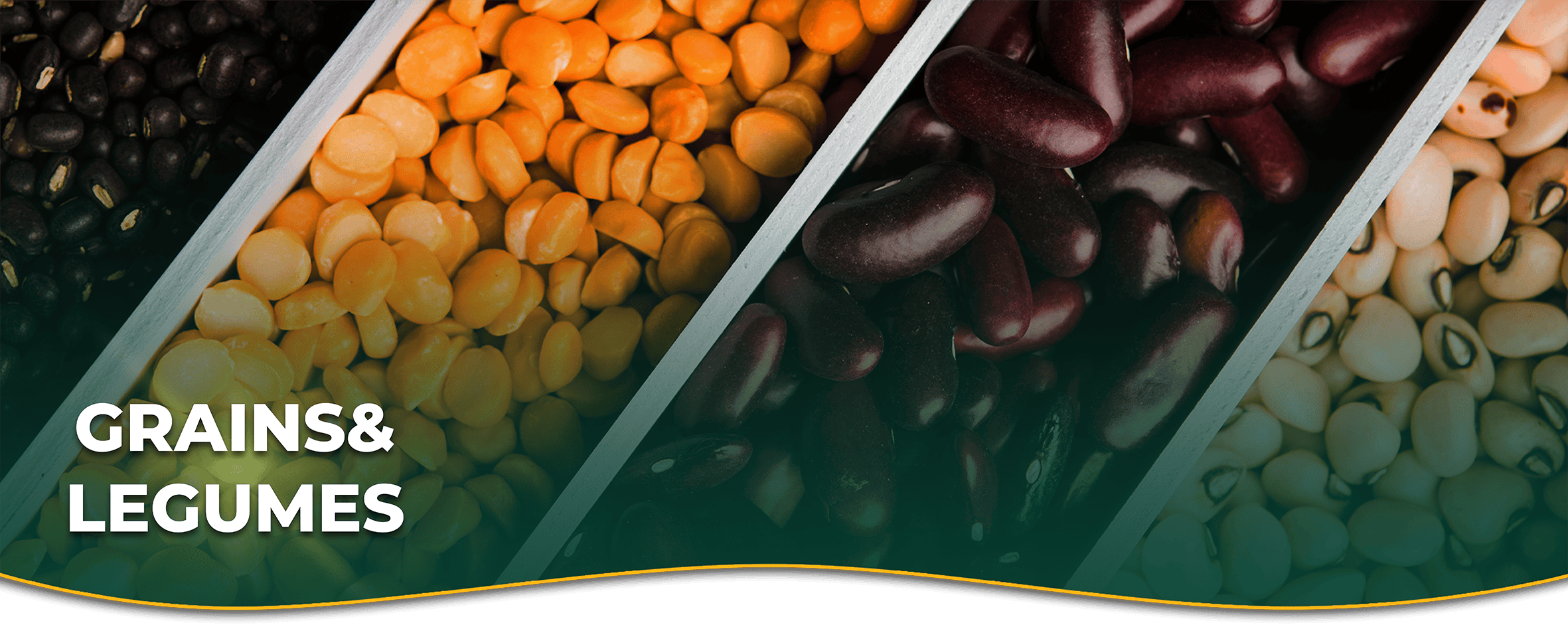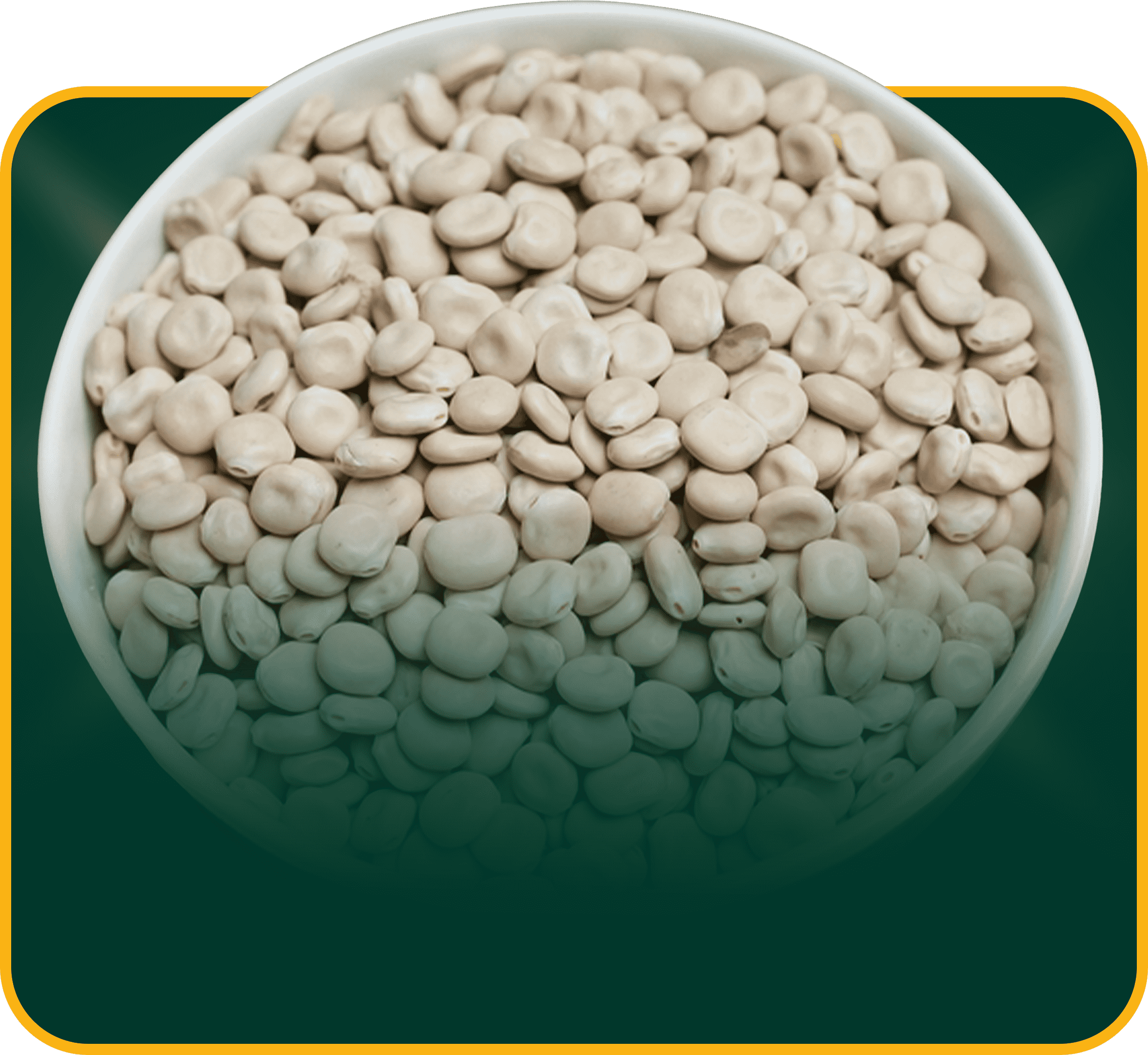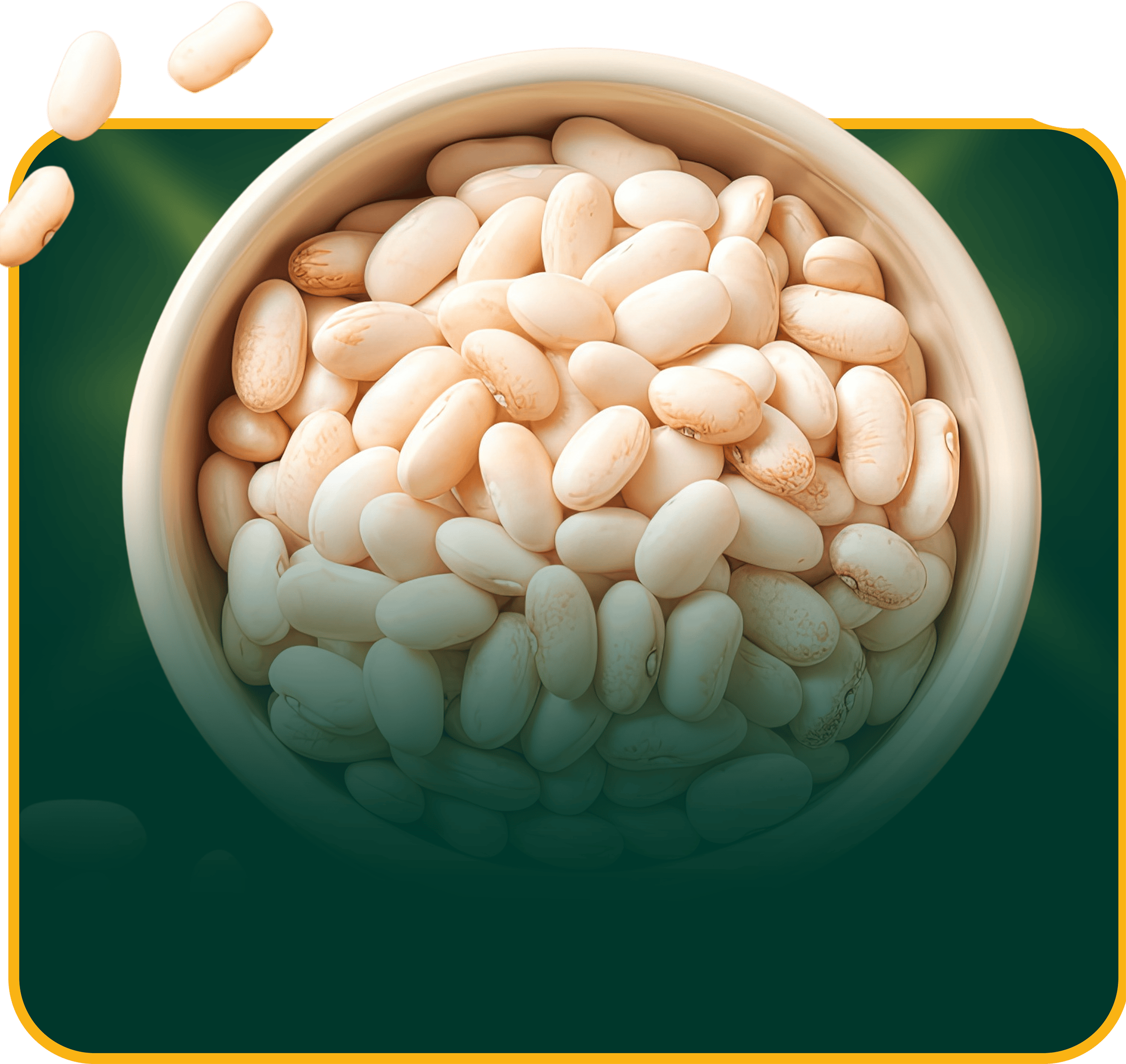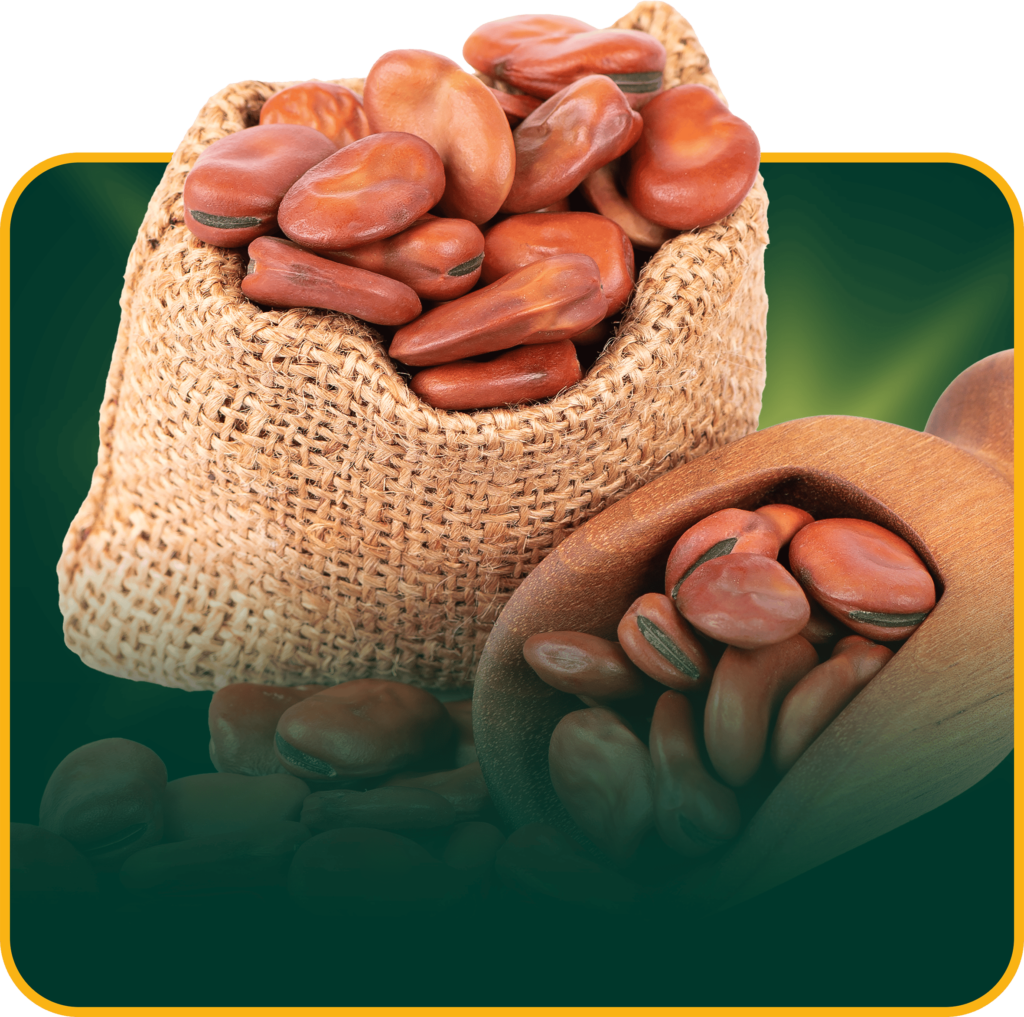
Egyptian beans, a key component of the country’s culinary heritage, include varieties such as fava beans (broad beans) and chickpeas. These legumes are celebrated for their robust flavors and versatility in traditional dishes. Fava beans have a slightly nutty taste and creamy texture, commonly used in dishes like falafel and foul medames. Chickpeas, known for their mild, nutty flavor, are integral to dishes such as hummus and various stews. Both types of beans are rich in essential nutrients and form a significant part of the Egyptian diet.
Lupini beans, also known as lupins, are legumes known for their high protein content and distinctive, nutty flavor. They have a firm texture and are commonly found in Mediterranean cuisine, often served as a snack or appetizer. Lupini beans are usually yellow or white and are typically soaked and fermented before consumption to reduce their natural bitterness and make them more palatable.
Egyptian coffee, often enjoyed as a strong and aromatic brew, is an integral part of the country’s culture and daily life. It is typically prepared using finely ground coffee beans. Egyptian coffee is known for its robust flavor, rich aroma, and thick consistency, often sweetened to taste and sometimes flavored with spices like cardamom.
Broad beans, also known as fava beans or “fool” in Egyptian cuisine, are a popular legume with a distinctive, earthy flavor and creamy texture. These beans are commonly used in a variety of traditional dishes across the Middle East and North Africa, including the well-known Egyptian dish “foul medames.” The beans are typically cooked until tender and can be seasoned or combined with other ingredients to create flavorful, hearty meals.




